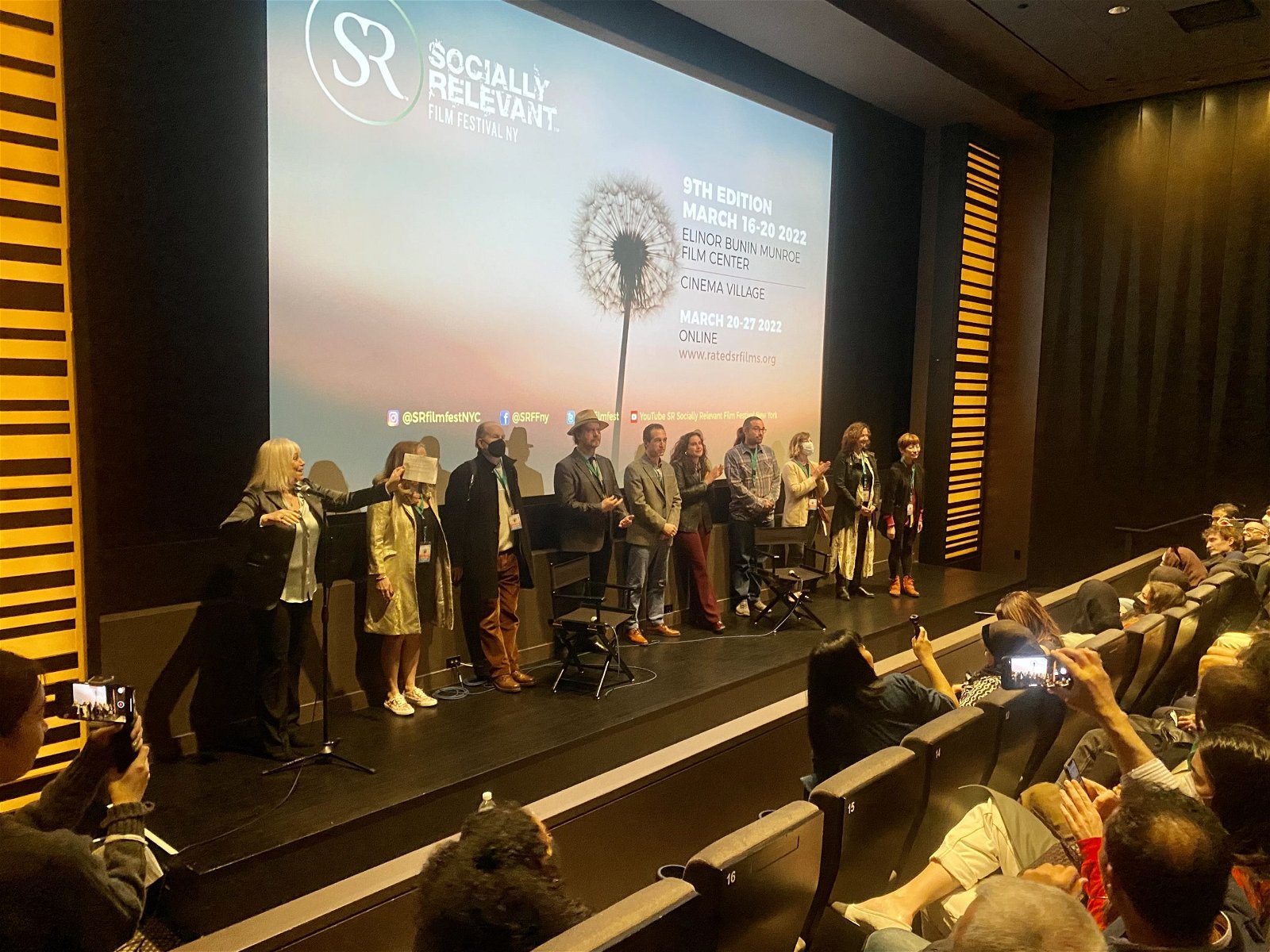
NEW YORK CITY, NY—The ninth annual SR Socially Relevant Film Festival (SRFF) in NYC opened on March 16, 2022 at the Elinor Bunin Munroe Film Center at Lincoln Center. Many of the films were shown at the Cinema Village indie movie theater in the West Village. The weekend concluded with an awards ceremony at the Tenri Cultural Institute, a fitting location with beautiful artwork as the accomplishments of filmmakers and actors were celebrated. This week, many of the movies are available to stream online from March 20-27.
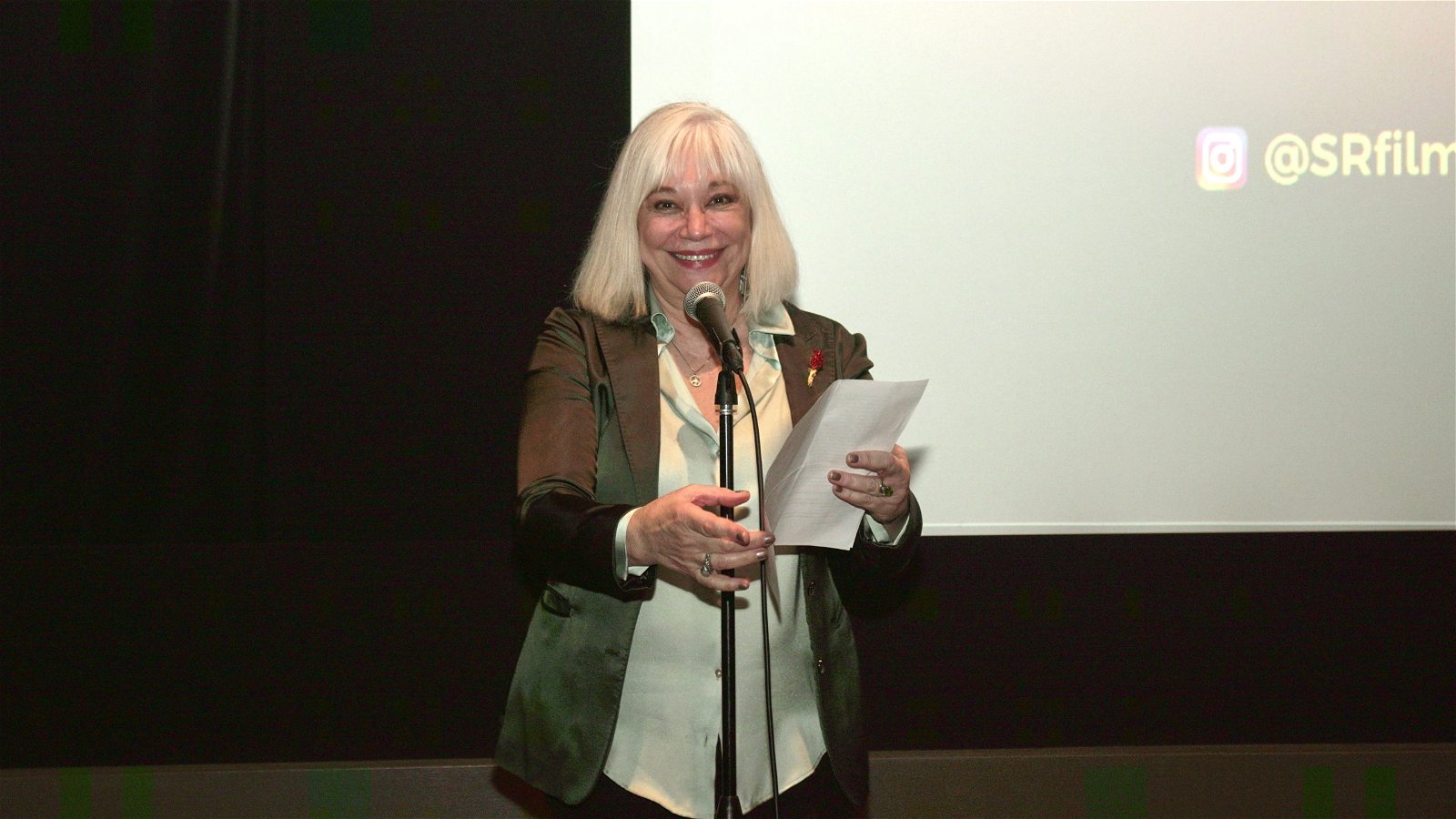
I was fortunate to attend three films over the course of the weekend: Beirut: The Aftermath (documentary), Lazy People (narrative short) and The Desire to Live (documentary). Each of these three films highlighted issues that have deeply affected the Armenian community worldwide since the beginning of the pandemic. It was clear that the films reached not only people within the affected communities, but also the multicultural and international crowds in attendance who may have been less familiar with the issues at hand.
Beirut: The Aftermath was preceded by a five-and-a-half minute short animated film called Peek-a-Boom, created by Toni Yammine and Maya Zankoul. It began with a birthday celebration for five-year-old Mira in Lebanon, surrounded by her loving family. Without revealing too much of the story, a devastating event occurs which drastically changes Mira’s life. It was presented with traditional 2D animation consisting of beautiful artistry and vibrant colors. As I was watching, I was reminded of Pixar shorts that often begin with heartwarming scenes, followed by a devastating loss. The difference is that, unfortunately, this one does not have a happy ending and is based on real traumatic events.
The short led into the documentary directed by Fadia Ahmad. The showing was sponsored by the Lebanese American University and the NYU Kevorkian Center. Beirut: The Aftermath follows the filmmaker on her 10,452 step journey through Beirut one month after the August 4, 2020 explosion. It is clear the point of this film was to build understanding, empathy and awareness in a very direct manner. The film is simple in its format of interviews and testimonials from victims who witnessed the explosion, including Armenian citizens. Within this simplicity, there is a wealth of information and expression that provides a visceral representation of an entire community experiencing PTSD. Interview subjects shared stories of going about their daily lives and then suddenly watching their world crumble before them in one minute. Many emotions were shared: hopelessness, helplessness, enormous grief, a desire to leave, a desire to stay, anger, connection, motivation to rebuild, political unrest and hope for the future. It is important to recognize that all these and more are valid responses to traumatic events and how both individuals and communities cope. Some appeared disconnected from the stories they were telling, as if the weight of them was so heavy that sticking to facts was safer than acknowledging their emotions. The film also addressed anger toward the Lebanese government for not providing assistance and resources toward rebuilding efforts. After the documentary, there was a brief interview with Ahmad during which she confirmed her intention to focus on humanity and psychology, rather than facts that are typically covered by major news sources. She acknowledged the overwhelming emotions that audiences may have experienced, but also noted that as a filmmaker and artist she felt a “duty” to leave a “trace of history.” She spoke of a desire to highlight themes of understanding, tolerance, togetherness, love and hope. Although the documentary focused on loss, there was also a clear theme of a community working together to heal and rebuild.
Lazy People is a narrative short film that captures the many facets of Armenian life in the diaspora, specifically modeled after the Los Angeles Armenian community. It was directed by Jacqueline Postajian and Kathryn Ferentchak. Many of the actors and members of the production team were also Armenian, including Nora Armani, who is the founder and artistic director of SRFF. Lazy People follows a day in the life of seven-year-old Khatchig, who recently immigrated to the United States with his parents. This piece provided a nice change of pace from the other three films. While it addresses some serious themes, it also incorporates elements of humor. Audiences are able to witness multigenerational challenges that occur after experiencing mass trauma, immigration and assimilation in the United States. While the children are concerned with how to connect and have the right toys, the adults are concerned with providing for themselves and healing from events they experienced in the aftermath of the Artsakh War. An interesting detail is the use of Armenian language. The older generations in the film spoke more Armenian, and the younger generations spoke more English. The use of language in this way reinforced the “half and half” feeling of Diasporan Armenians. The audience also witnessed the ways Armenians have complicated views toward each other after immigration. An older woman, Vartouhi, has been able to stay rent-free in her apartment. However, the landlord, also Armenian, evicts her for failing to pay rent. Ironically, the landlord also has standing monthly donations to the Red Cross and the Armenia Fund. We see the ways Armenians support each other to an extent, and also how we may judge our own as “lazy” without taking into account the challenges of immigration and healing from trauma.
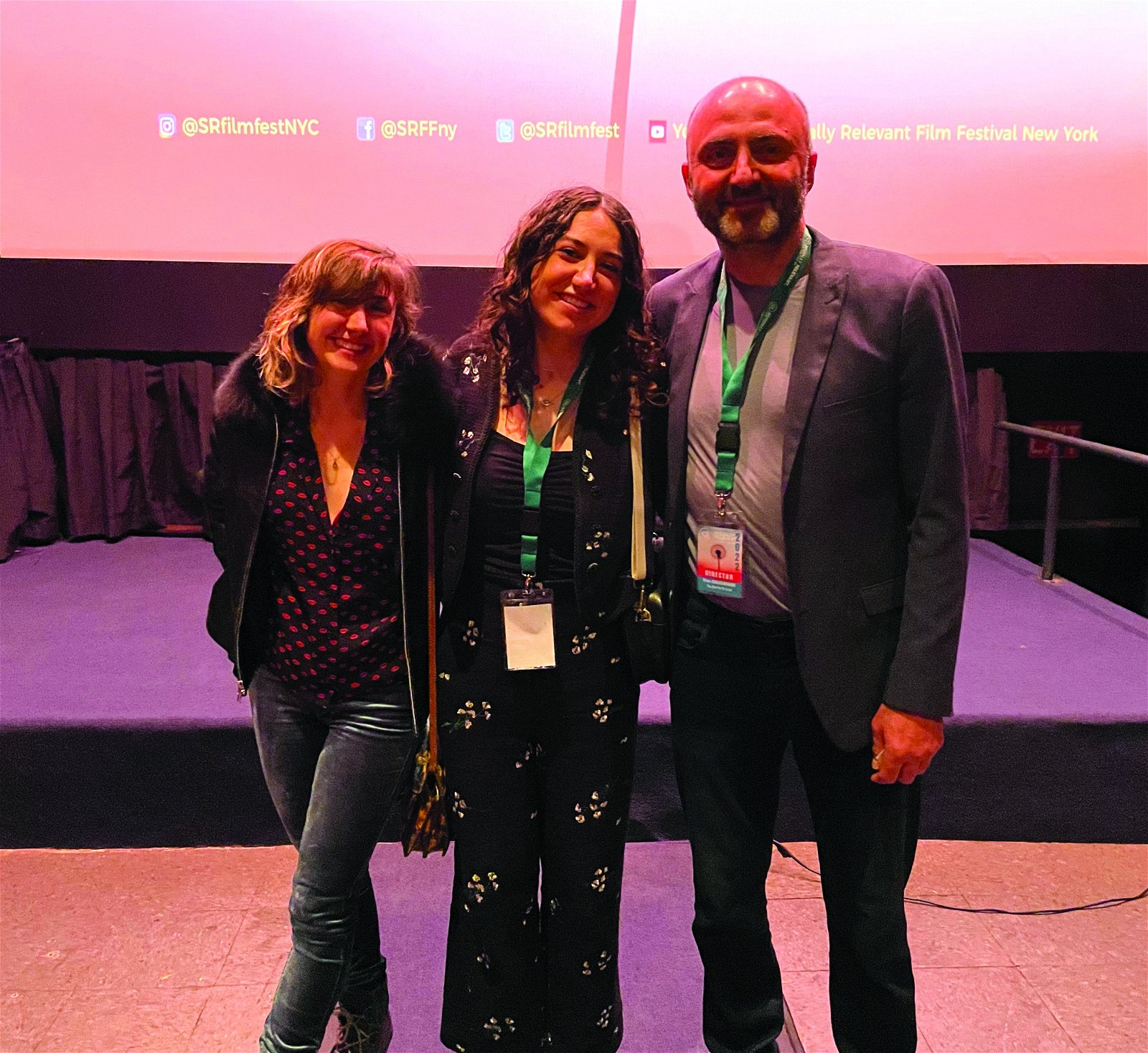
The Desire to Live, directed by Mariam Avetisyan, was the highlight of the evening. This powerful 90-minute documentary was similar in style to Beirut: The Aftermath. The filmmaker traveled to different villages in Artsakh to gather testimonials from individuals indigenous to the land in order to capture the devastating effects of the 44-day war with Azerbaijan in 2020. Audiences were again introduced to the mass trauma experienced by the people living in Artsakh, hearing stories from both youth and adults. Many who were interviewed shared their stories in a matter-of-fact manner, focusing on events that occurred. When they are provided a space for emotions to exist and be discussed, many break down into tears. However, there is a central theme of not wanting to cry, but wanting to “stay strong.” In the movie theater, there was a heaviness that did not lift for the entire 90 minutes of the documentary. It could be heard in many heavy sighs and tears. I found myself becoming tired while watching it. Interestingly, this is a trauma response. When our bodies become so flooded with emotion, feeling tired may be one way that our bodies are trying to protect us from feeling overwhelmed when we cannot process what we are experiencing. The main thought that crossed my mind was, “How do we begin to process the weight of it all?” I was angry, sad, numb and proud of our people all at the same time. This film was markedly different from Beirut: The Aftermath. The stories in that documentary address just one event that occurred from which the community is now attempting to rebuild. The main event is over, and they now are taking the time to process that particular trauma. Citizens living in Artsakh do not have the space or opportunity to process their trauma because it is still occurring. They are at constant risk. This is why we see action-oriented themes of a desire to push through, rather than taking time to acknowledge emotions. It is not yet safe to breathe and fully acknowledge grief because they are still under attack. Destruction and violence were described in great detail. One woman lost her son and two brothers. “I don’t even know which stone to cry on,” she said at the cemetery. A man described how years of memories in a 100-year-old house were destroyed from the attacks. Families were split into different geographic areas. Another woman described the medical trauma of working in a hospital and the grotesque injuries she witnessed. Others had livestock stolen and were forced to relocate for a while, but returned. For many, hope is all they can hold onto. There was a strong focus on rebuilding for the next generation like a phoenix that rises from the ashes. The message was clear: the citizens of Artsakh just want peace. They want to live on their land and feel a sense of safety and security without conflict. At the end of the viewing, the producer was present and acknowledged the discomfort audiences may feel, also noting that this discomfort is the point. The intention is to raise awareness and also let the world know that Armenians in Artsakh are not going anywhere. The film has won 95 awards at 46 festivals.
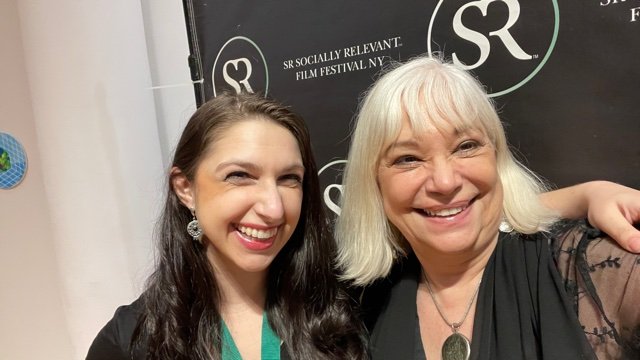
At the awards ceremony, Armani spoke of the two reasons she developed the film festival in 2013. She was tired of seeing “gratuitous” violence in many movies. Additionally, 2013 was the 10 year anniversary since she lost her cousin and uncle, who were killed in a hate crime. She wanted to find a meaningful way to honor them by focusing on films that did not simply have violence for violence’s sake, but rather focused on human rights and hope for humanity to come together in a positive and peaceful manner. Armani had a previous life as a sociologist, which clearly impacts her artistic work today.
The following awards were presented:
The Vanya Exerjian Award: The Desire to Live directed by Mariam Avetisyan
(This special award is named after Armani’s late cousin who was also in the arts and provided opportunities for children with disabilities to participate in theater and creative projects. It is given with the intention to empower women and girls.)
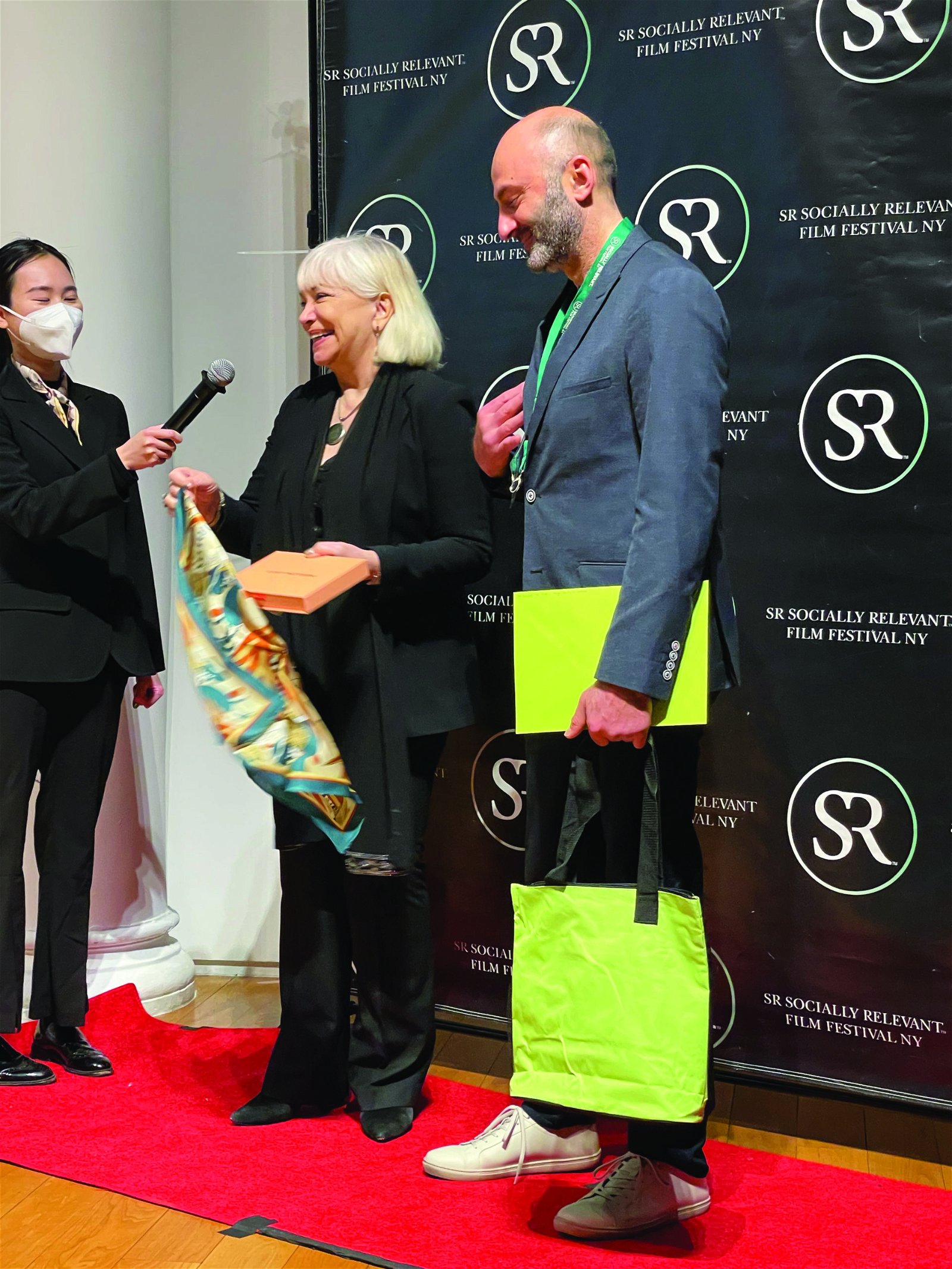
Best Narrative Feature Film: Poppy directed by Linda Niccol and Road to the Lemon Grove directed by Dale Hildebrand
Best Documentary Feature Film: Others Before Self directed by Seth McClellan
Best Narrative Short Film: To Wade or Row directed by Rebecca Van Der Meulen
Best Documentary Short Film: Storgetnya directed by Hovig Hagopian
Jury Special Mention for Narrative Feature Film: A Handful of Water directed by Jacob Zapf
Jury Special Mention for Documentary Feature Film: Shoah Ambassadors directed by Keith Famie
Jury Special Mention for Documentary Short Film: They Call Me Dax directed by Patrick Alcedo
Jury Special Mention for Narrative Short Film: Off the Beat directed by Jahleel Hills
Best Actor in a Narrative Short: Amani Kojo in Off the Beat
Best Actress in a Narrative Short: Christina Raggi in The Load and Tor Clark in Asylum
Best Actor in a Narrative Feature: Charly Chiarelli in Road to the Lemon Grove
Best Actress in a Narrative Feature: Libby Hunsdale in Poppy
Best Lockdown Film: Surfaces directed by Steve Reeves
Best Animation Film: The Chemical Factory directed by Drew Leung
Scriptwriting Competition Winner: Maria Isabella Silvalessa
Ingenuity Award: Messy directed by Nicole Ansari, Hospital-Daughter’s Mother directed by Rax Rinnekangas, and My Yang Gang Diary directed by Ching Juhl
Women Film Critics Circle Award: To Wade or Row directed by Rebecca Van Der Muelen
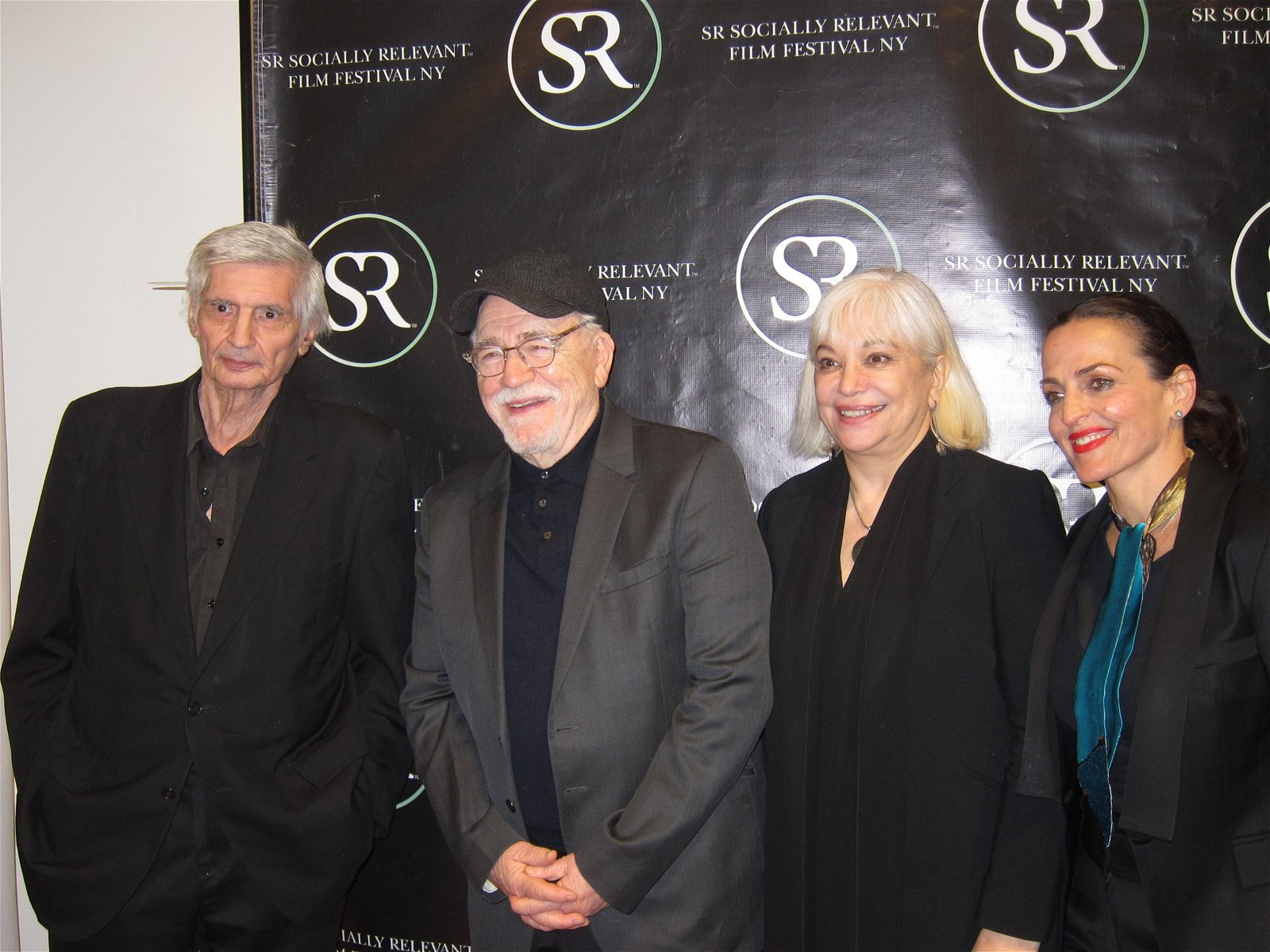


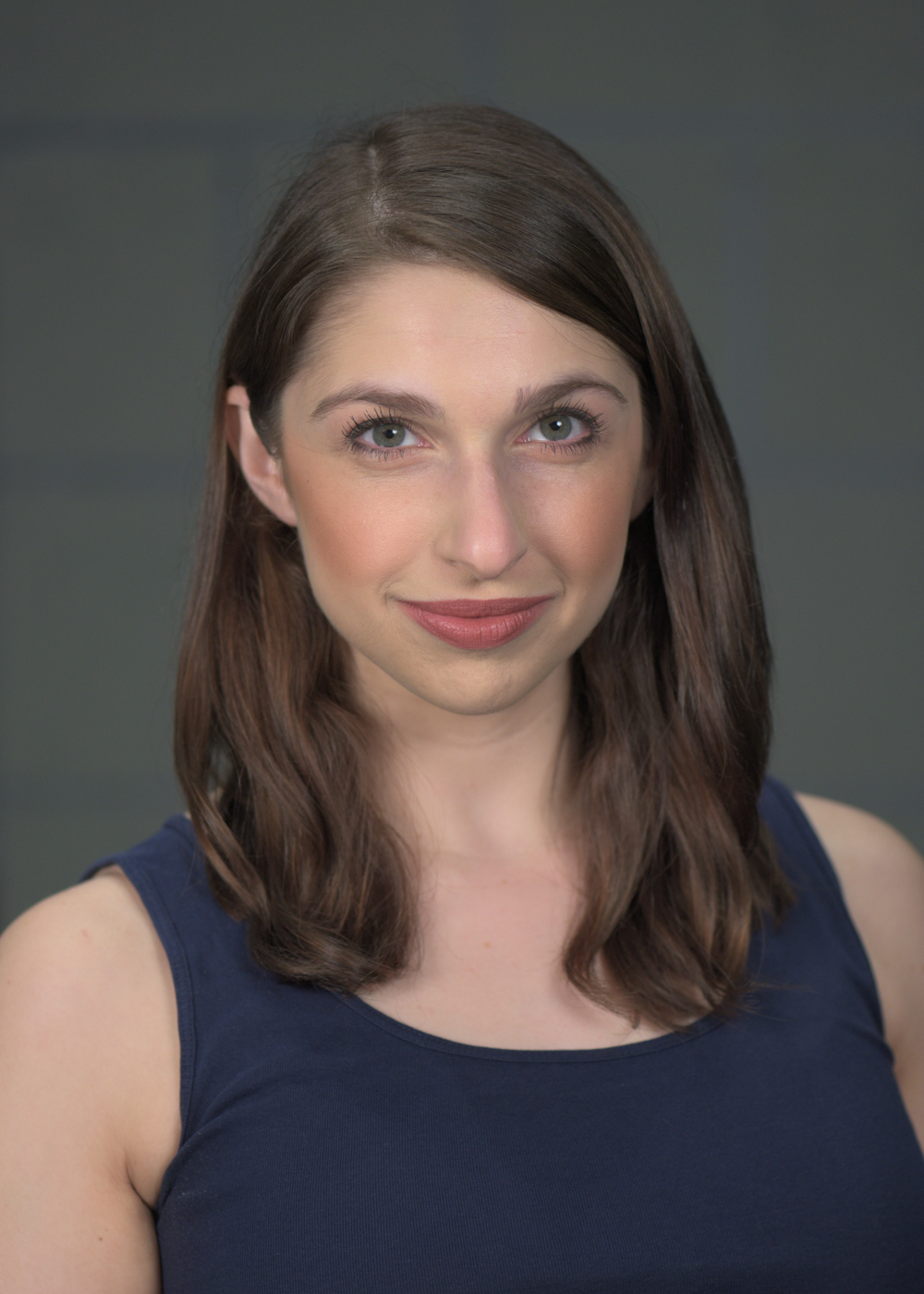
Unfortunately I probably won’t have a chance to see any of these.
You will! The films are running online through Sunday and will probably be extended… go to http://www.ratedsrfilms.org and click on the online link.
Excellent article — so informative, so descriptive that I felt I was there. God Bless these artistic people who find the way to portray our hardships and survival. Great writing Dalita and thank you for keeping us abreast of these marvelous productions in New York.